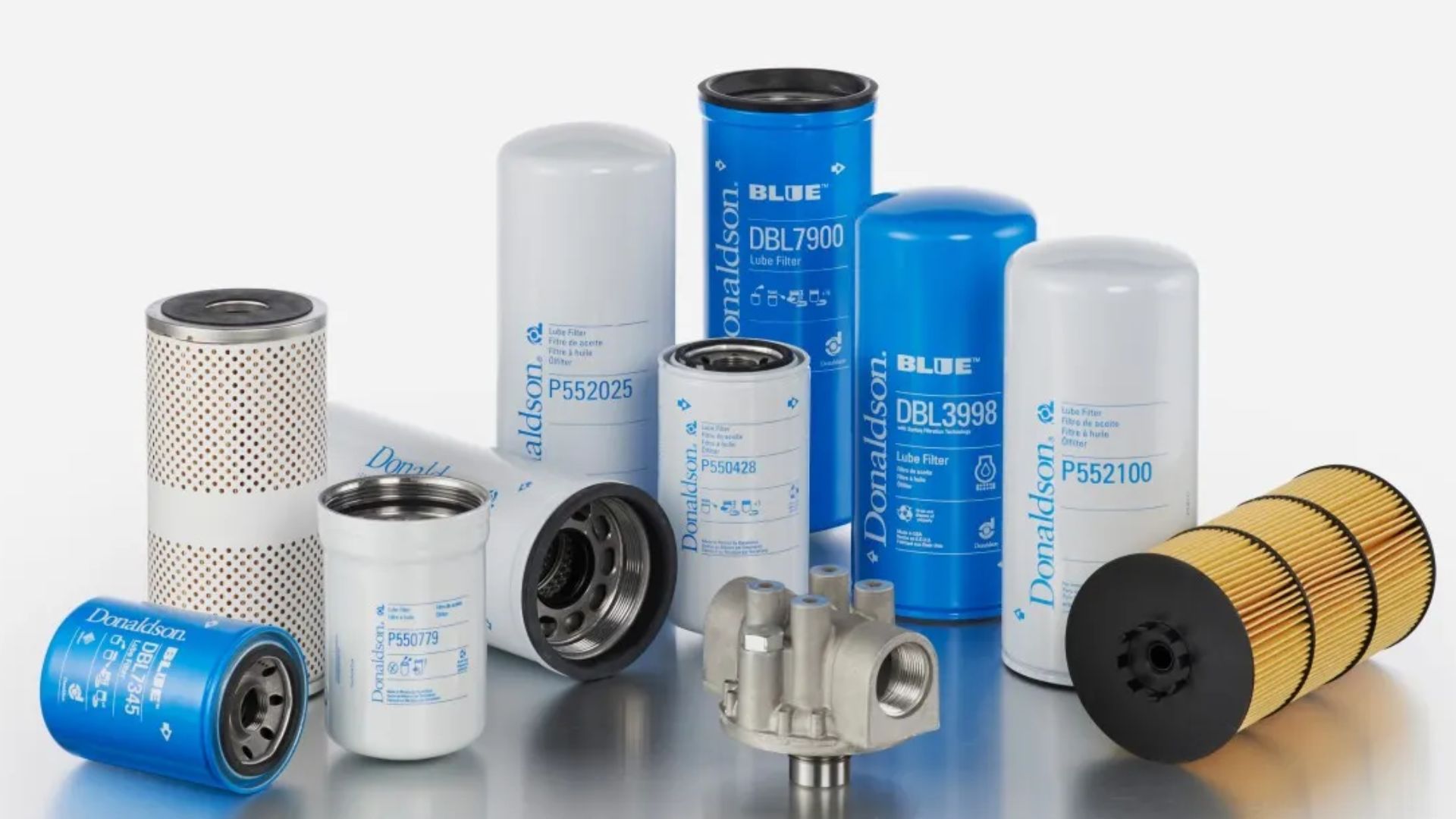
Have you ever thought about what would happen if the industrial machine you use every day suddenly stopped working? You might not realize that one of the main causes of this problem is a poorly maintained machine filter. Even though they seem small and insignificant, industrial machine filters actually play a big role in the performance of the machine. If you don't regularly maintain them, you could end up with a machine that is supposed to be efficient, wasteful, and prone to damage. Let's talk more about what actually happens if this engine filter is left in bad condition.
Clogs that Hinder Engine Performance
It's worth noting that industrial machine filters, such as air filters and oil filters, play a crucial role in keeping engines running smoothly. The air filter is responsible for filtering out dust and dirt from entering the engine, while the oil filter is essential for keeping the oil clean and effective. It's easy to imagine the consequences of having these two filters left dirty and full of dirt. The engine will work harder than it should, which risks causing wear and tear on the engine's internal components.
If you don't keep up with maintenance, your engine can lose up to 20% of its efficiency. It's pretty clear what happens here. The engine uses more fuel and doesn't perform as well. If you don't take care of it, an engine that's supposed to last 10 years might only make it to 5. For example, a factory that uses engines to make car parts might see a 25% increase in fuel use if the air filter isn't cleaned regularly. That adds up to a lot more money spent on fuel.
On top of that, a clogged filter can cause the engine to overheat. If the engine overheats, it can lead to faster deterioration, like inefficient combustion or damage to the piston and combustion chamber. A good example is a food processing plant that uses a large machine to mix dough. If the air filter is clogged and airflow is restricted, the machine can overheat, which can affect product quality and even cause the machine to malfunction.
Risk of More Severe Engine Damage
It's not just about efficiency. An engine that doesn't get fresh air or clean oil can suffer serious damage. One of the effects is overheating because the cooling system isn't functioning properly. This usually happens if the air filter is clogged, blocking the airflow that cools the engine. Engines that run at high temperatures are at risk of damage to internal components such as pistons and combustion chambers.
A study from the National Renewable Energy Laboratory (2023) shows that engines that overheat by more than 15% are more likely to damage critical components, such as turbochargers and lubrication systems. When engines are seriously damaged, the repair costs can be much higher than the cost of purchasing a new engine. In some industry sectors, such as construction and manufacturing, downtime due to these engine failures can amount to thousands of dollars per hour, which is a significant expense.
On top of that, a clogged oil filter can also damage the oil pump and lubrication system. Without enough lubrication, engine parts like bearings and drive shafts can wear out faster, which can lead to more serious damage and higher repair costs. Nobody wants to deal with that. Plus, if your machine is used for mass production, every minute of downtime can affect your company's productivity and revenue.
For instance, a manufacturing company that uses metal processing machines would be in big trouble if one of their main machines breaks down because of a dirty oil filter. The machine could be out of commission for several days, causing a backlog of unfinished orders and unhappy customers. In the long run, the company's reputation could suffer, and the potential financial loss could be tens of thousands of dollars.
Increase Operating Costs and Downtime
You've probably heard the saying "better to prevent than to cure." It's true in the world of industrial machinery as well as in human health. Regular maintenance of the engine filter does require a little time and money, but it's much cheaper than the cost of repairing a badly damaged engine. When the filter isn't maintained, the engine has to work harder, uses more fuel, and wears out faster. This can really increase operating costs.
For instance, a company that uses industrial machinery to mass-produce plastic goods could see costs spike by up to 30% if filters aren't changed on schedule. Machines that work harder to pump fuel or drain oil will also need more frequent maintenance, which will reduce profit margins. Plus, engines that waste fuel or oil can also pollute the environment with higher emissions, which could lead to violations of increasingly stringent environmental regulations in many countries.
Plus, machines that are always breaking down are going to need more time off. Picture this: the production machine stops because of a filter issue that could have been prevented. This throws off the production flow and hurts the company's revenue. Downtime costs can be pretty steep and hurt a lot of people, especially companies that depend on industrial machinery for daily operations. For example, a food processing company can lose about $5,000 per hour due to downtime caused by faulty machinery.
How to Take Good Care of the Engine Filter?
So, how can you keep the engine filter on industrial machines in good shape? First, do regular checks on the air filter and oil filter. Replace dirty or clogged air filters and don't leave them too long. Also, make sure the oil filter is always clean. It's a small investment to change filters regularly, and it can prevent major damage to the engine.
Even if you're changing the filter regularly, it's still a good idea to check other engine parts that might be affected by an unmaintained filter. It's important to find a balance between filter maintenance and overall engine condition to prevent bigger problems down the road.
One thing you can do to prevent problems is to check the oil quality regularly. If the oil is dirty or mixed with dirt, it can affect the performance of the oil filter and cause damage to the engine lubrication system. On the other hand, if the air filter is too dirty, you should clean it or replace it right away to keep the air flow to the engine smooth. Even though it seems like a small thing, regular maintenance on these two types of filters can prevent major problems later on.
It's important to give all the parts of an industrial machine the attention they need, including the machine filter, which is often overlooked. Even though it's small, an unmaintained filter can have a big impact on how well a machine works, reducing its efficiency and lifespan. By making sure all parts of the machine are well maintained and getting advice from a professional technician when needed, you can keep your machine running optimally and make it last longer.
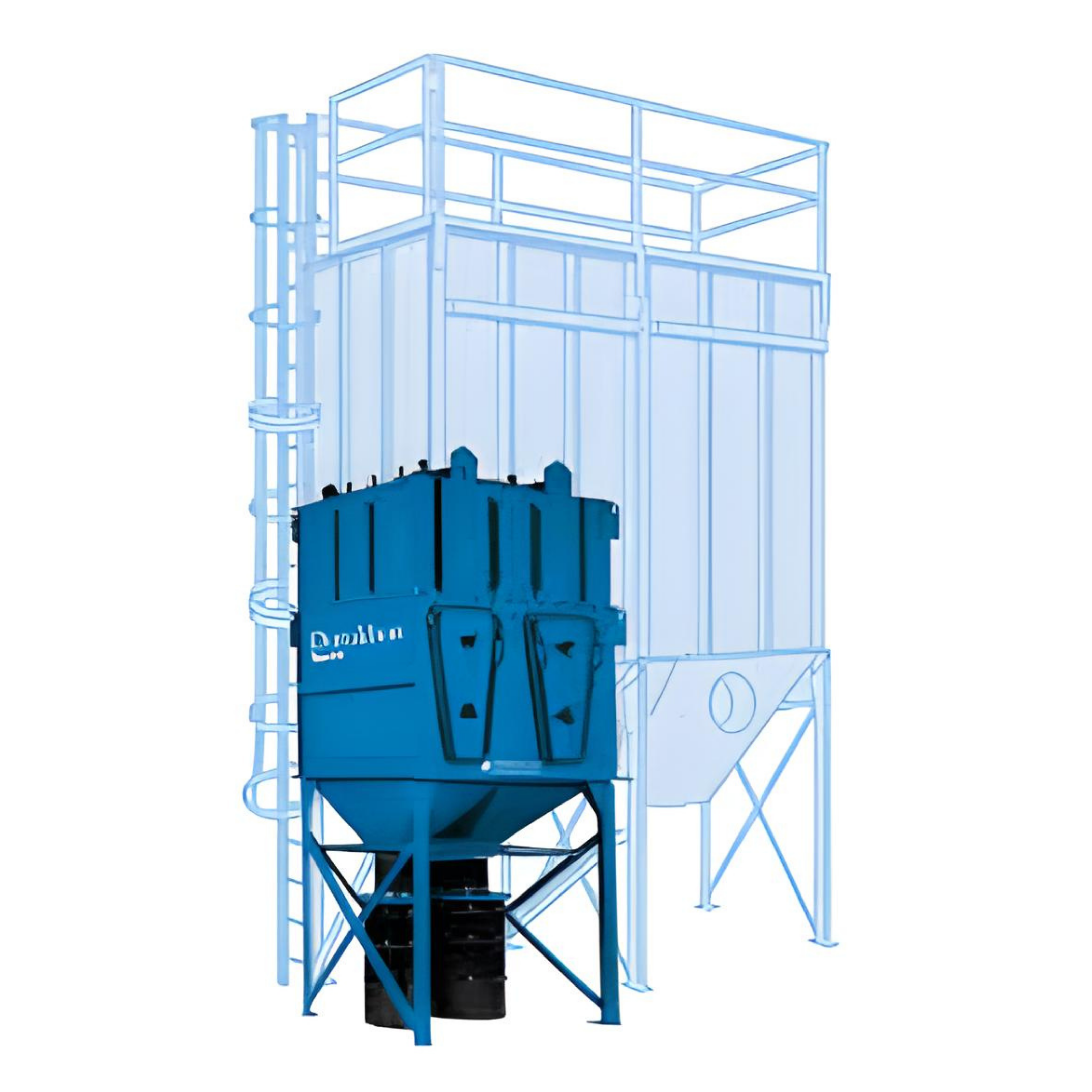
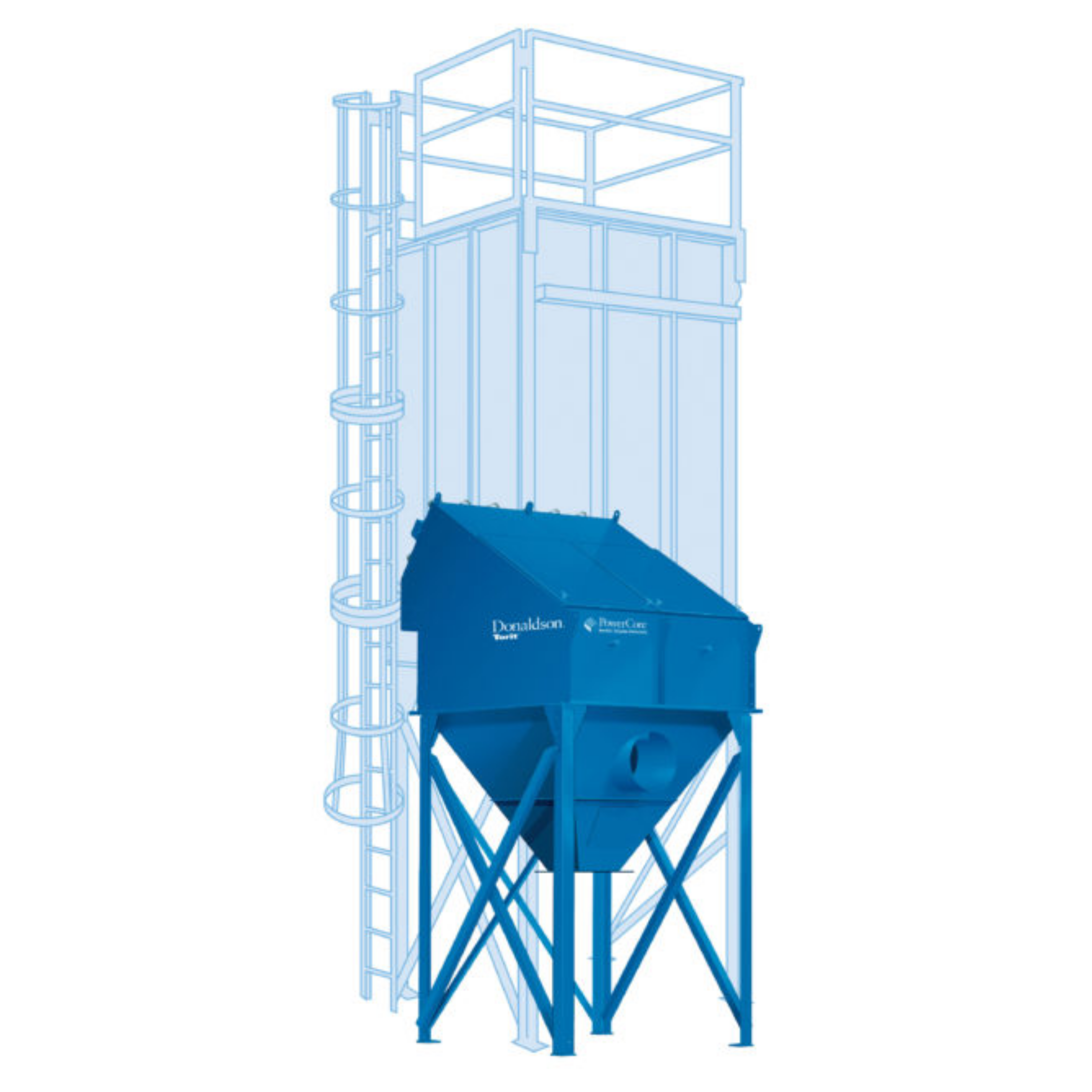
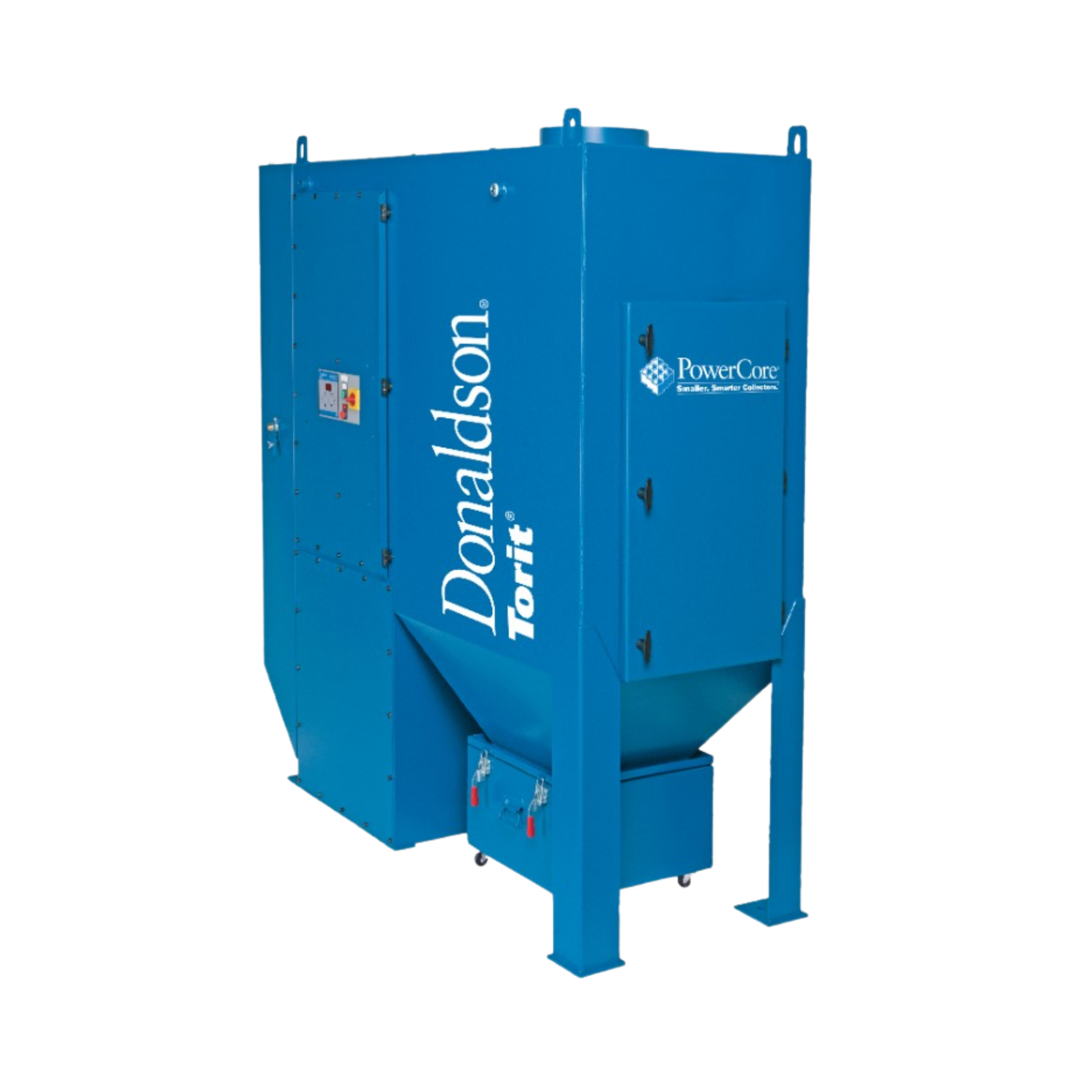
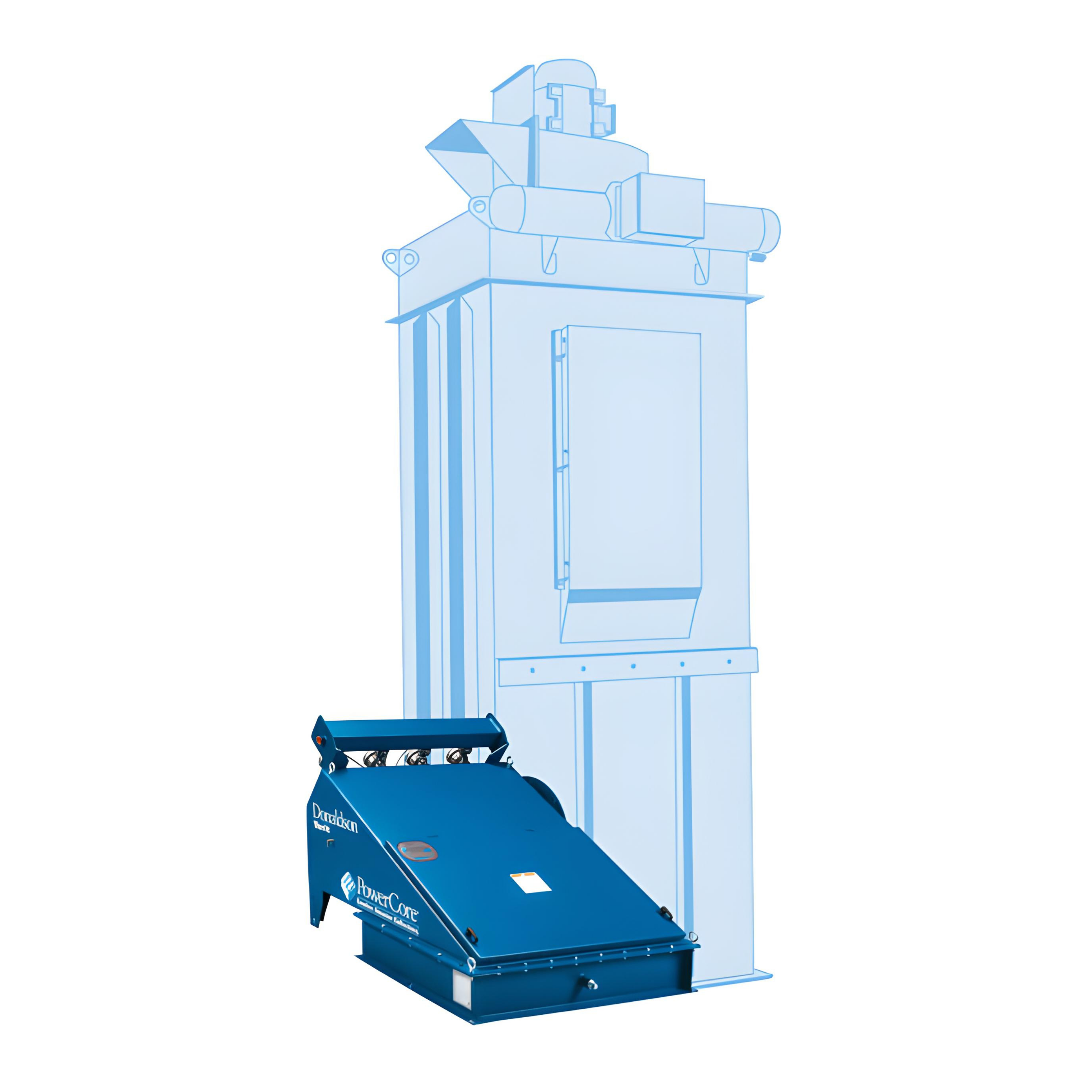
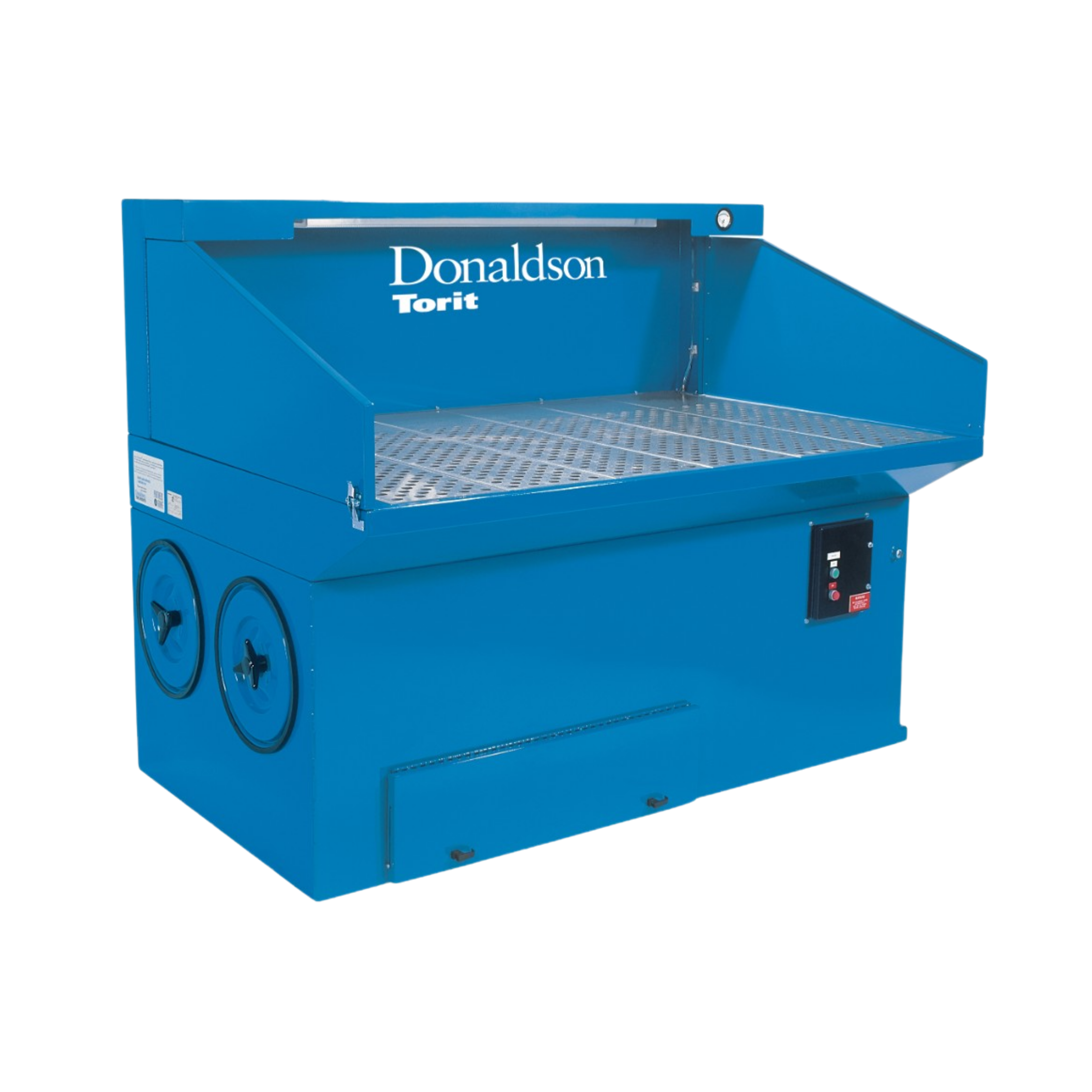
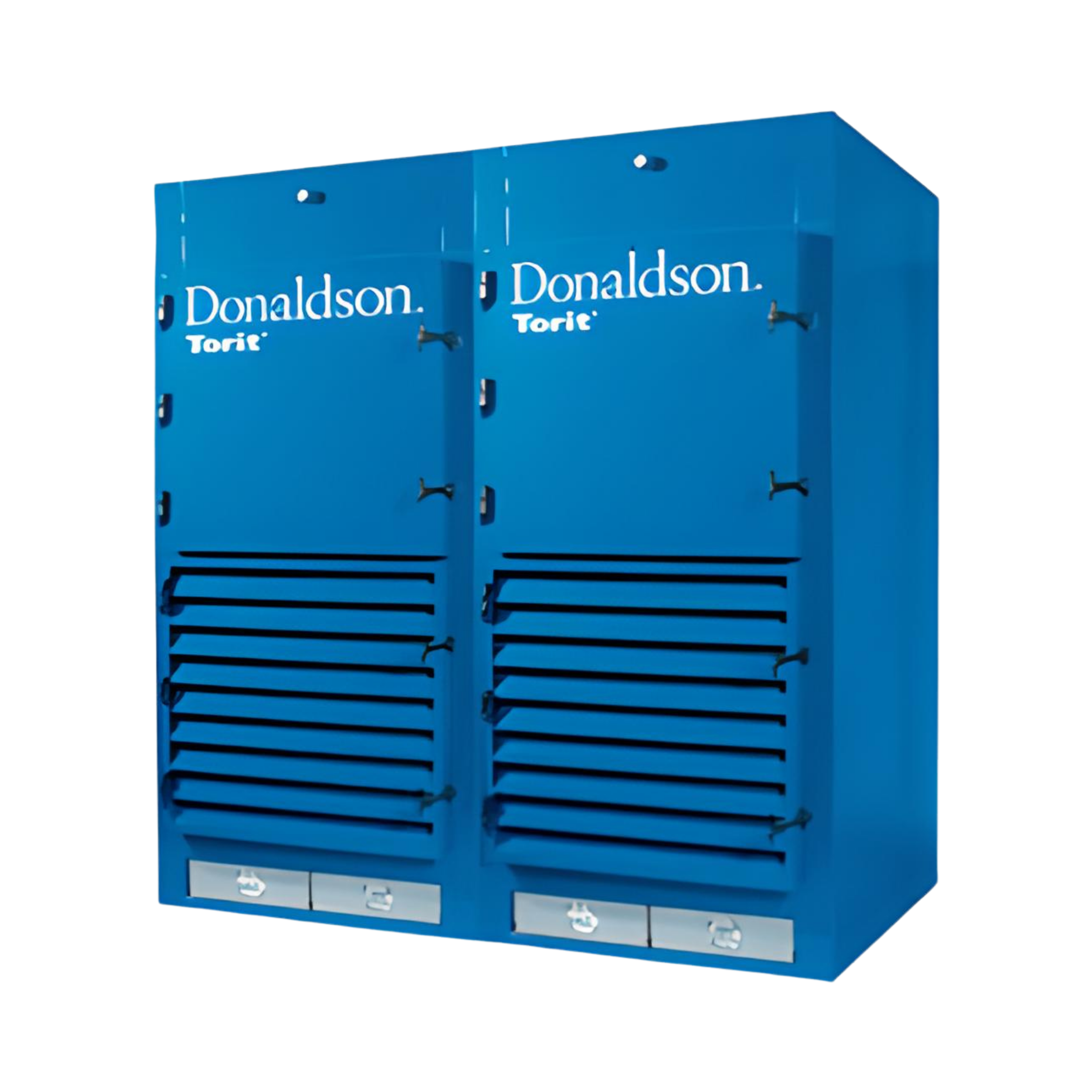
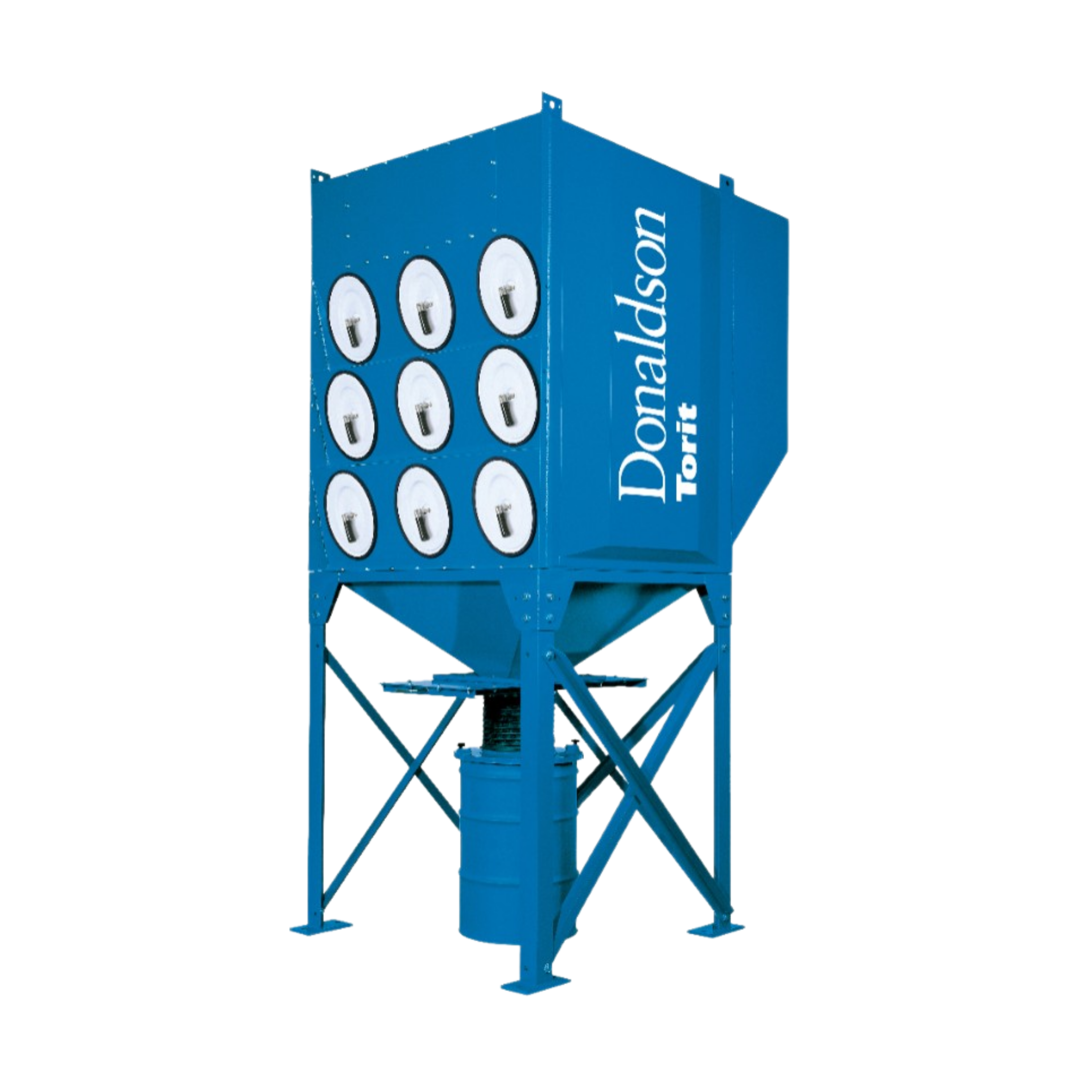
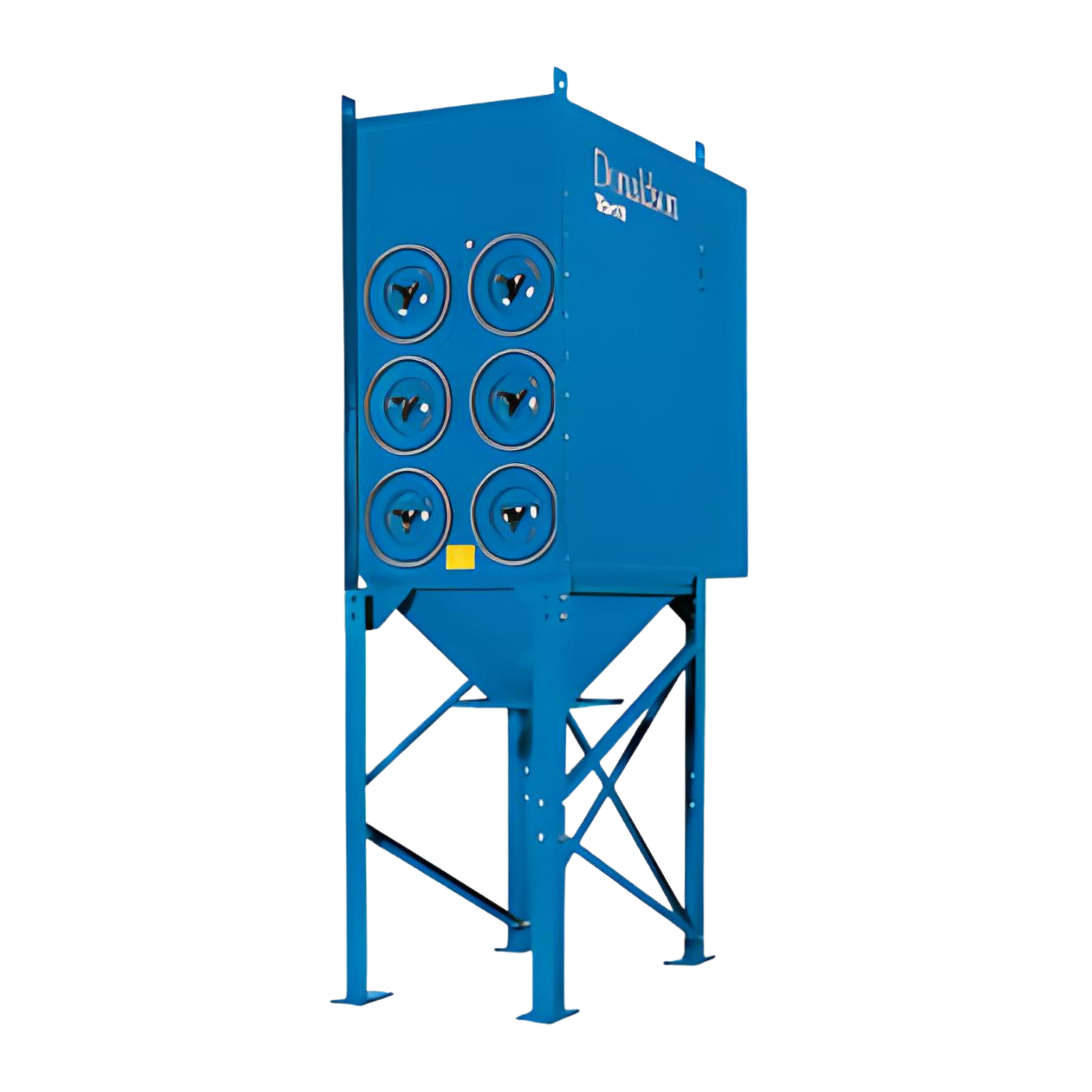
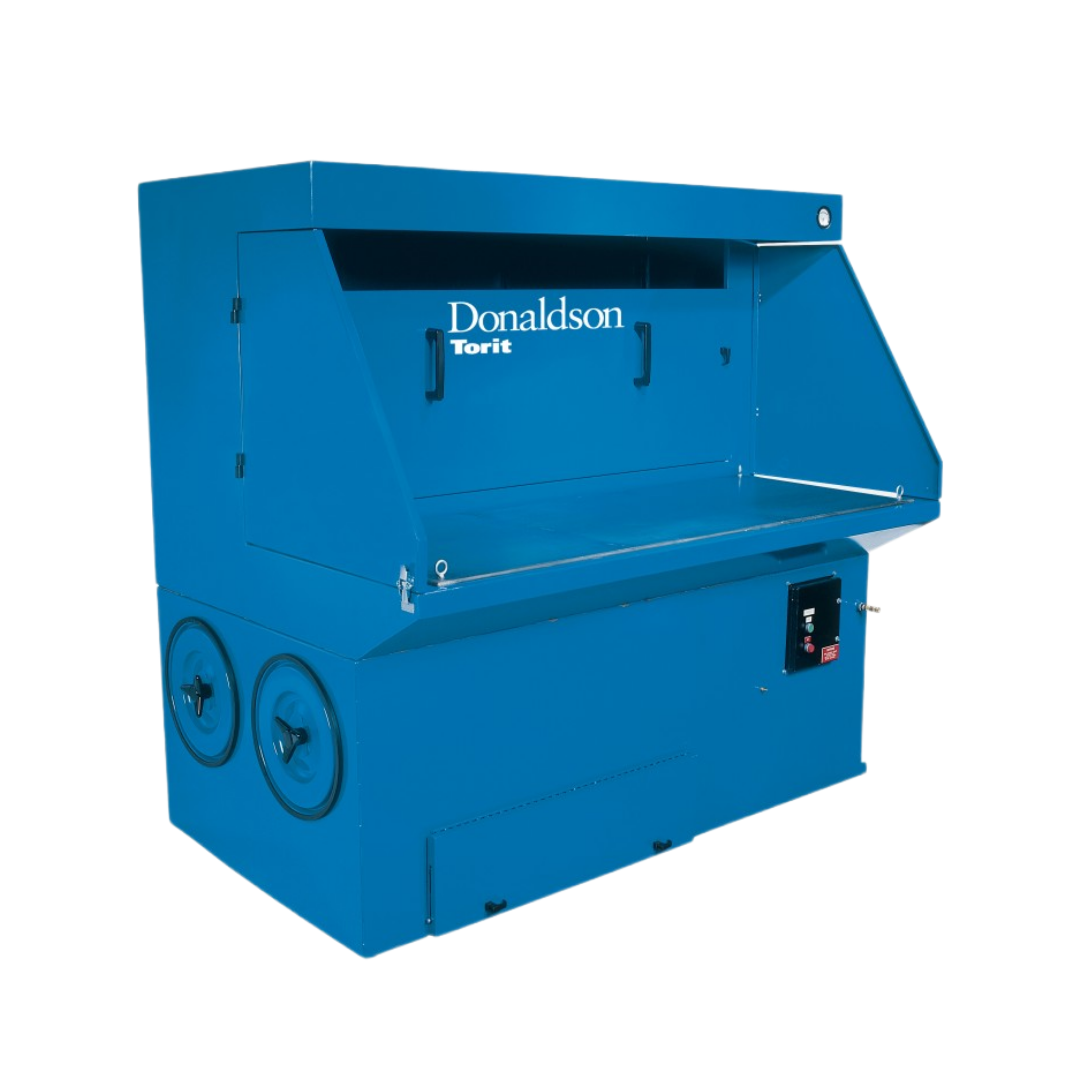
.png)
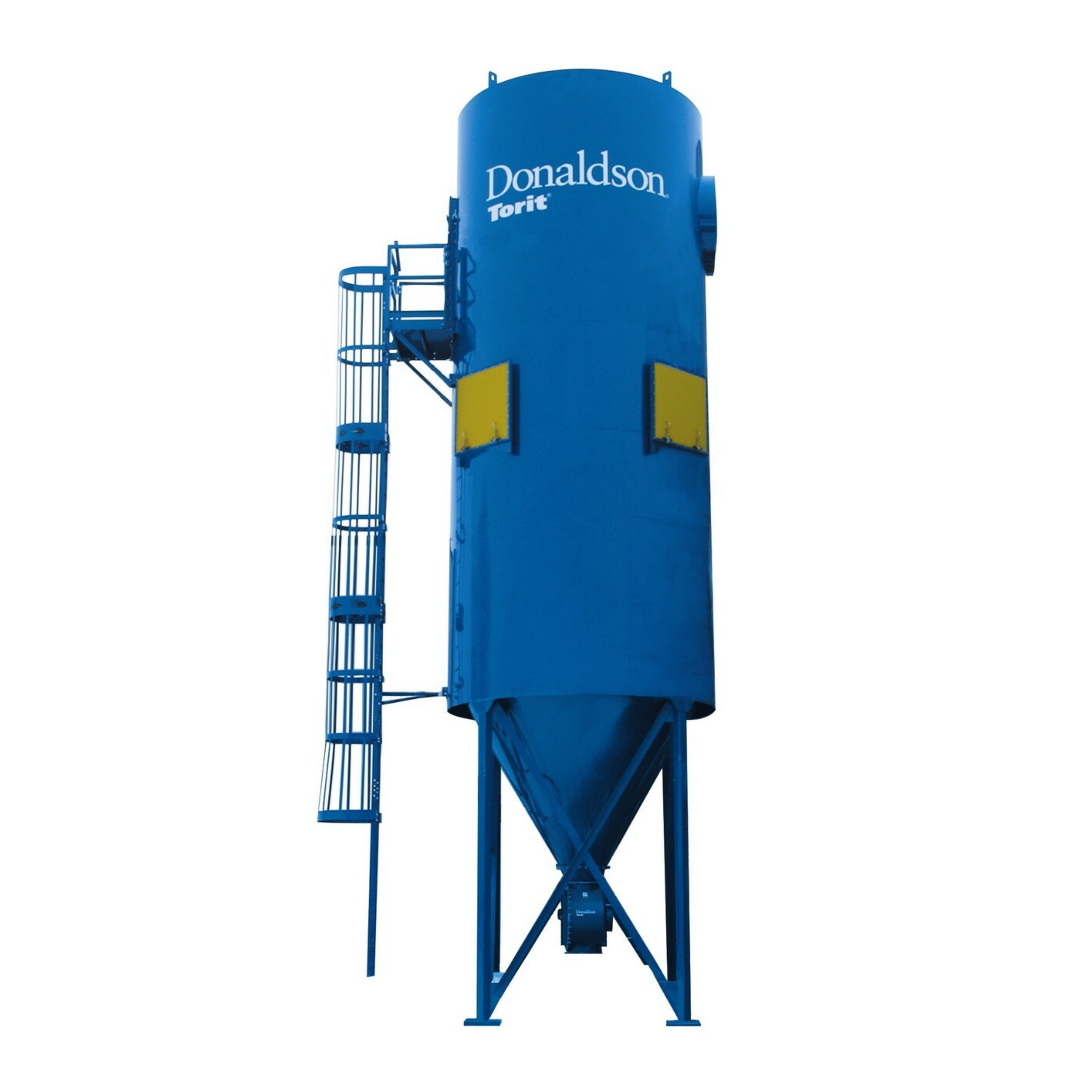
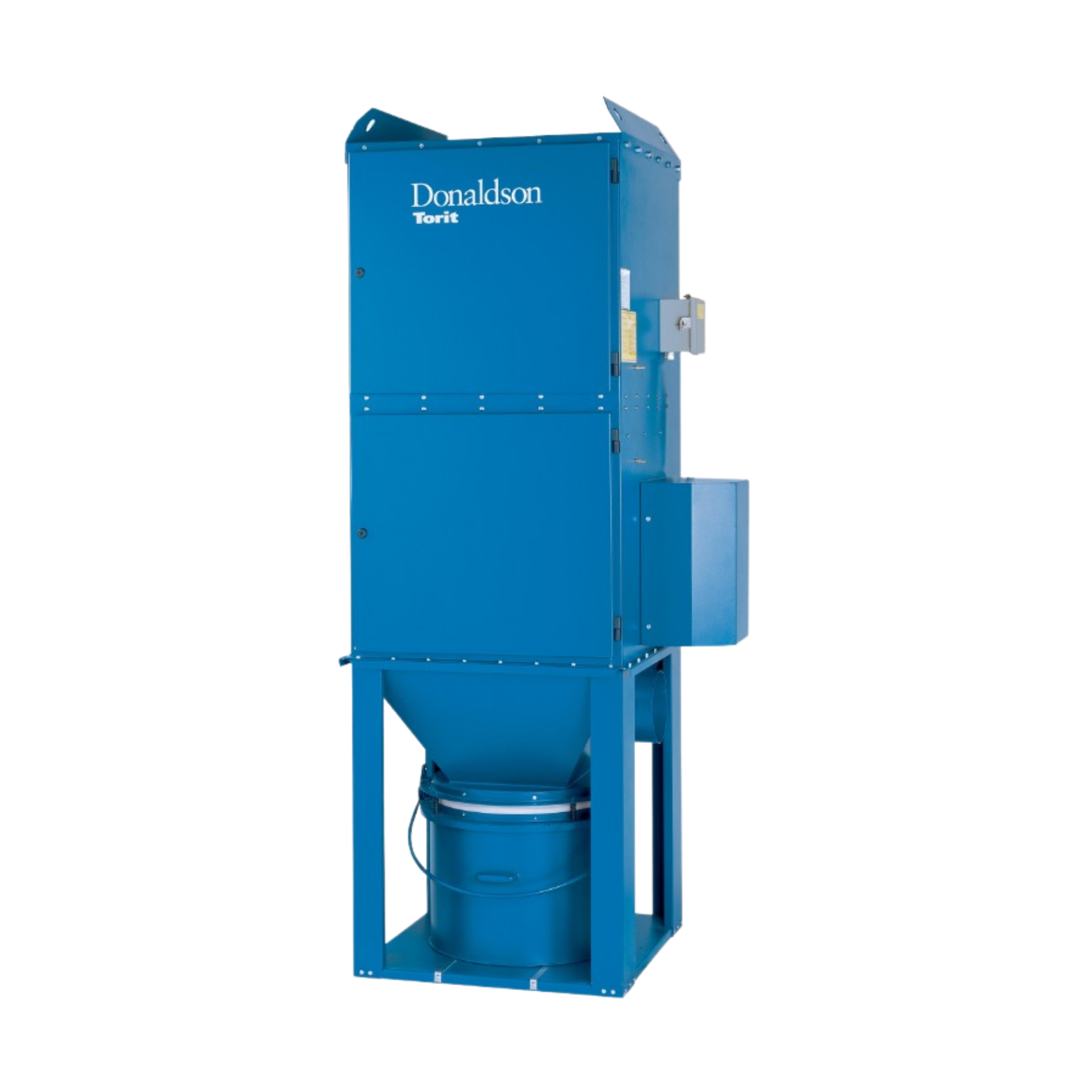
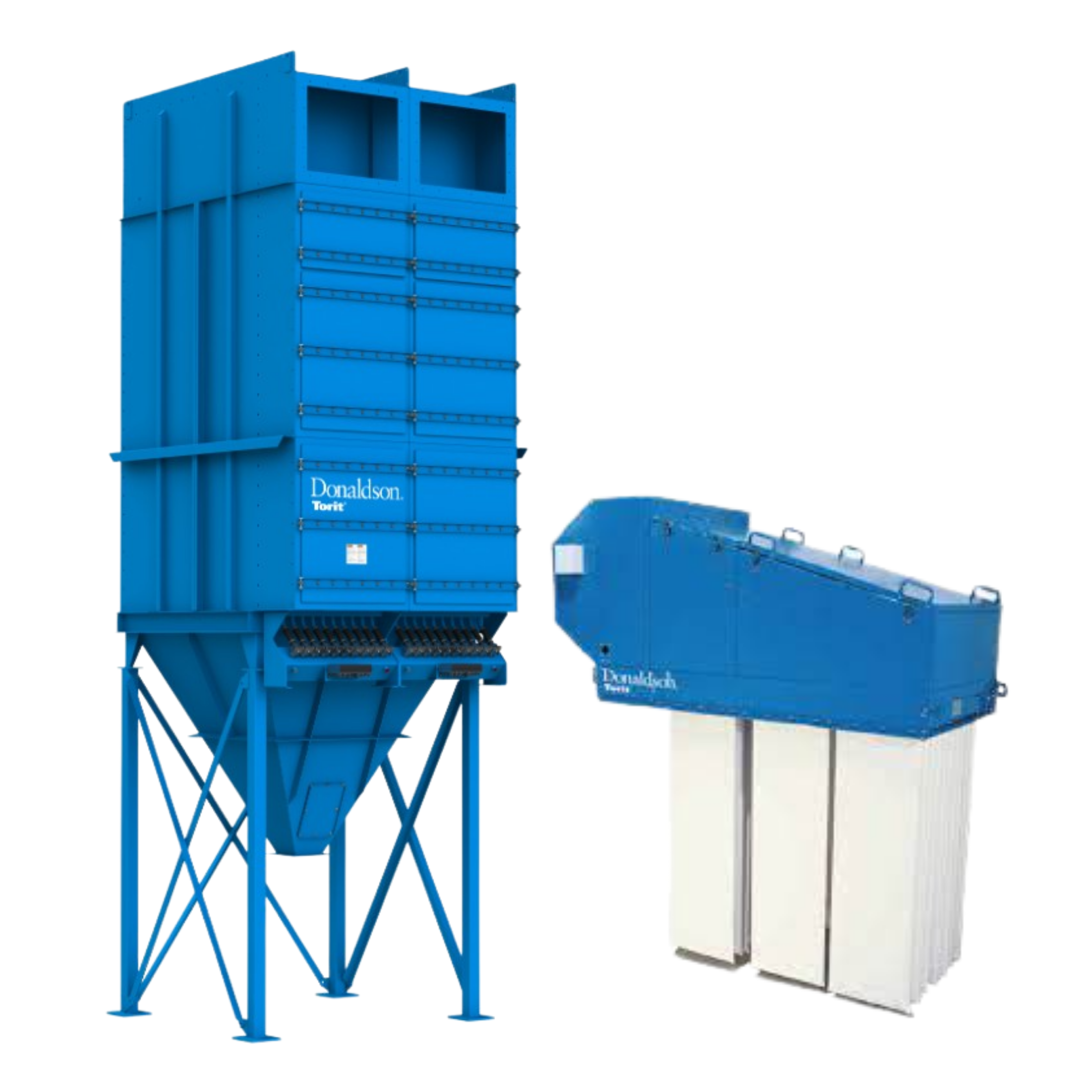
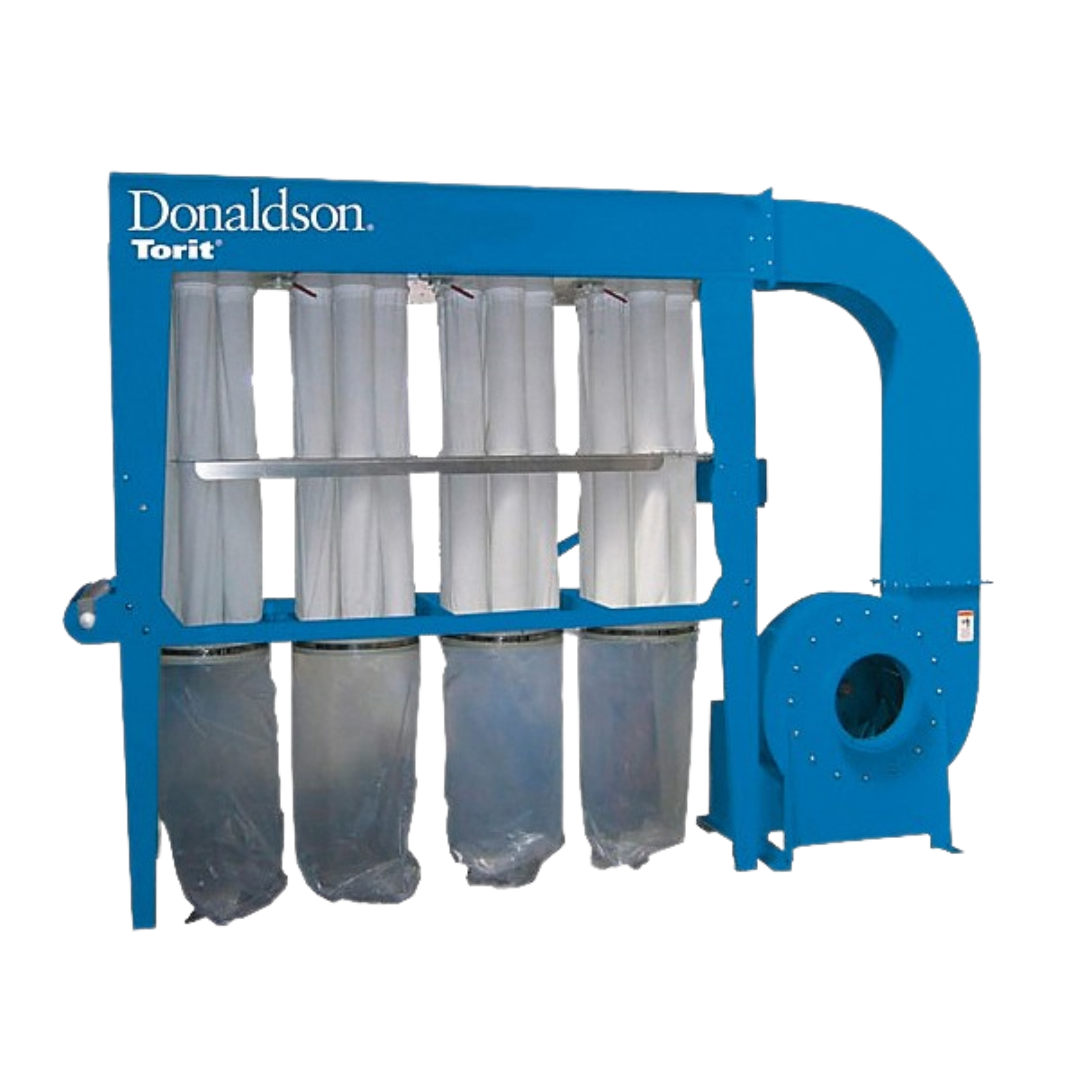
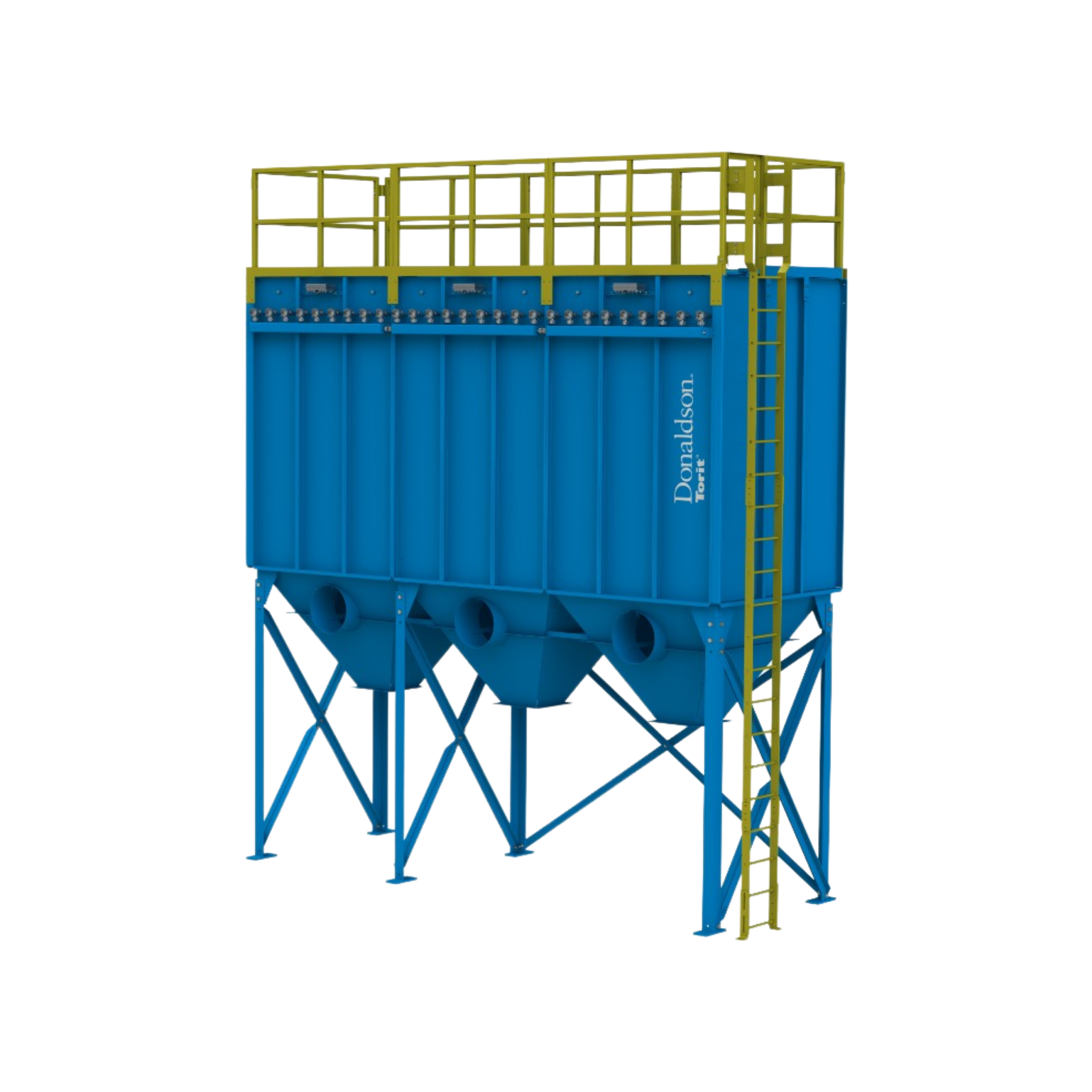
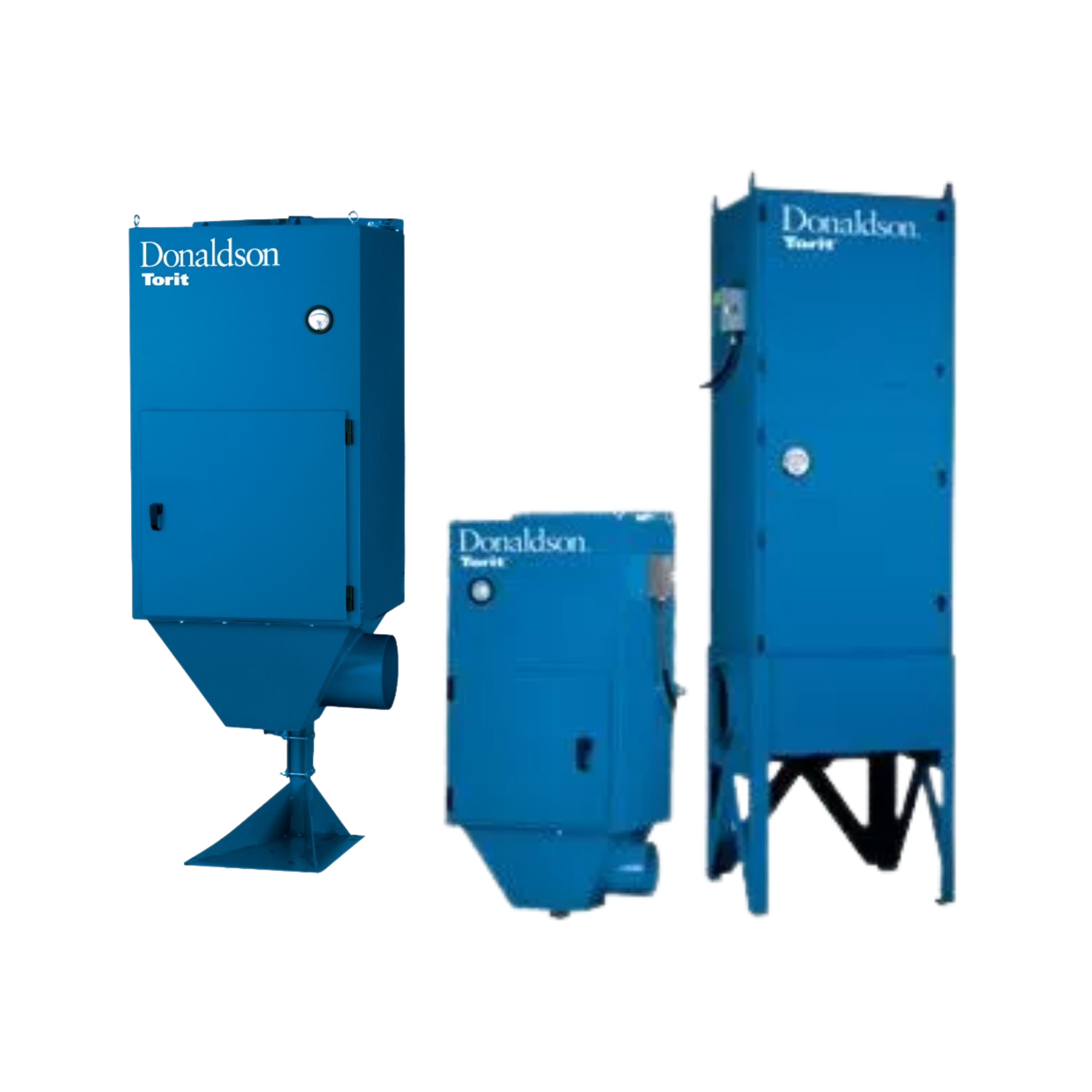
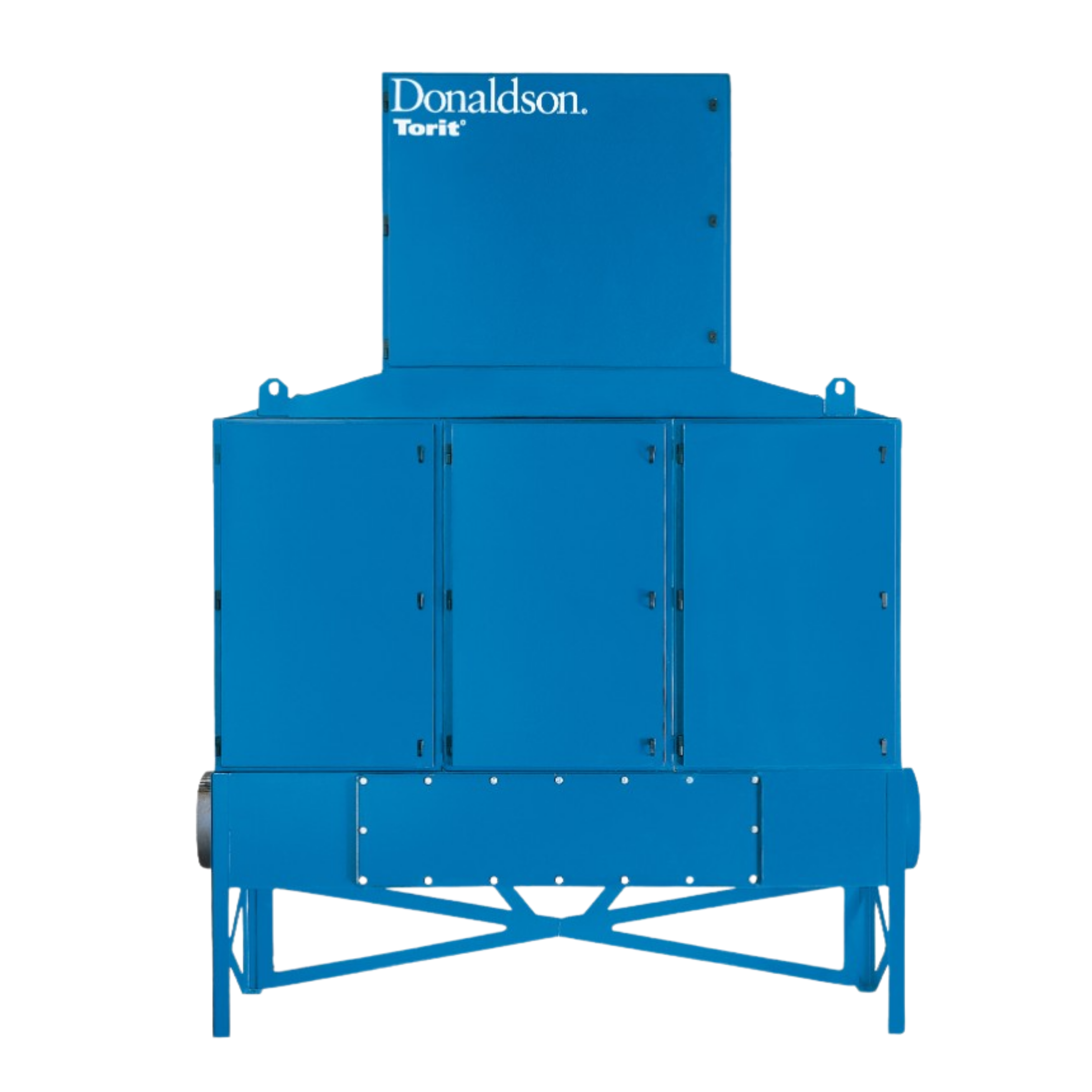
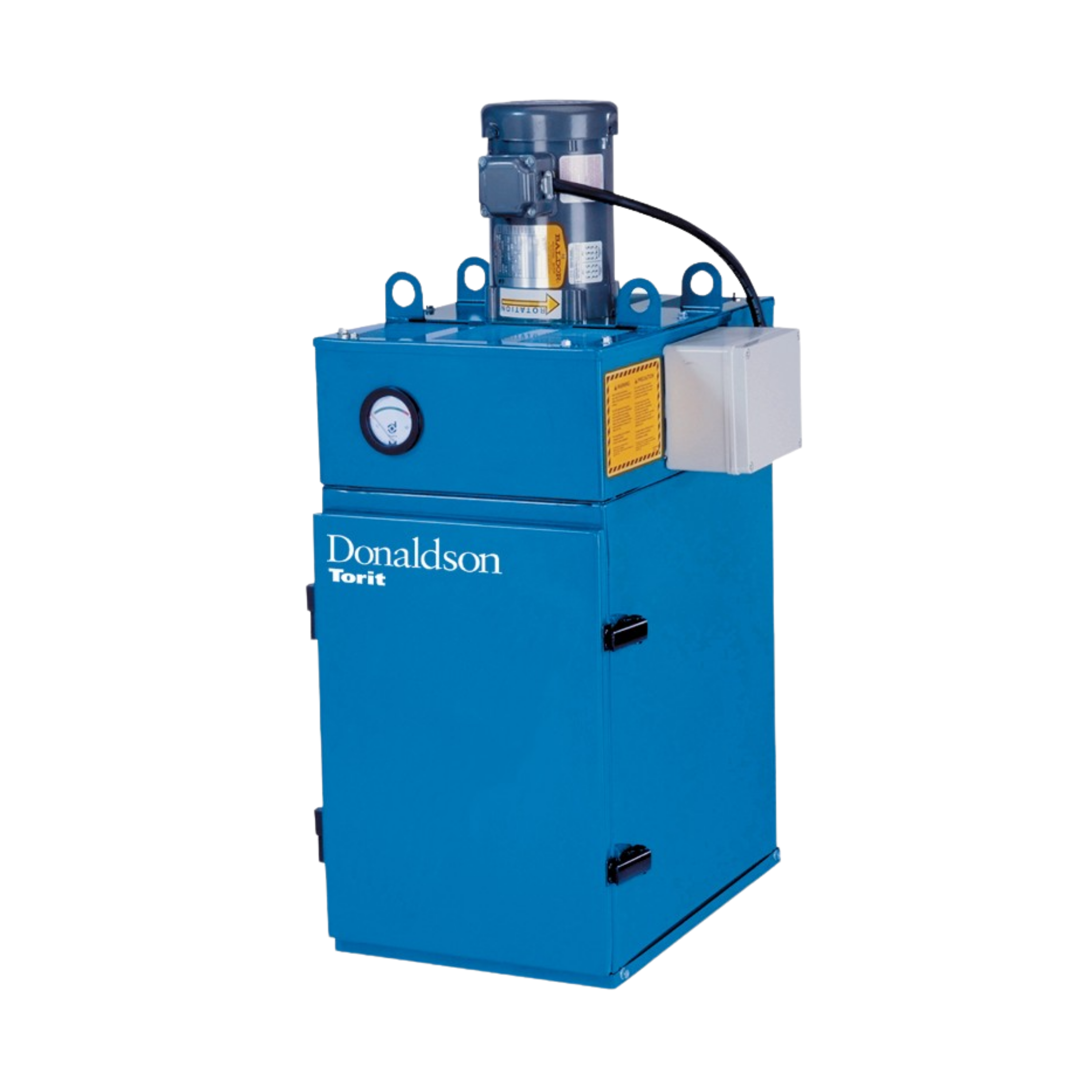
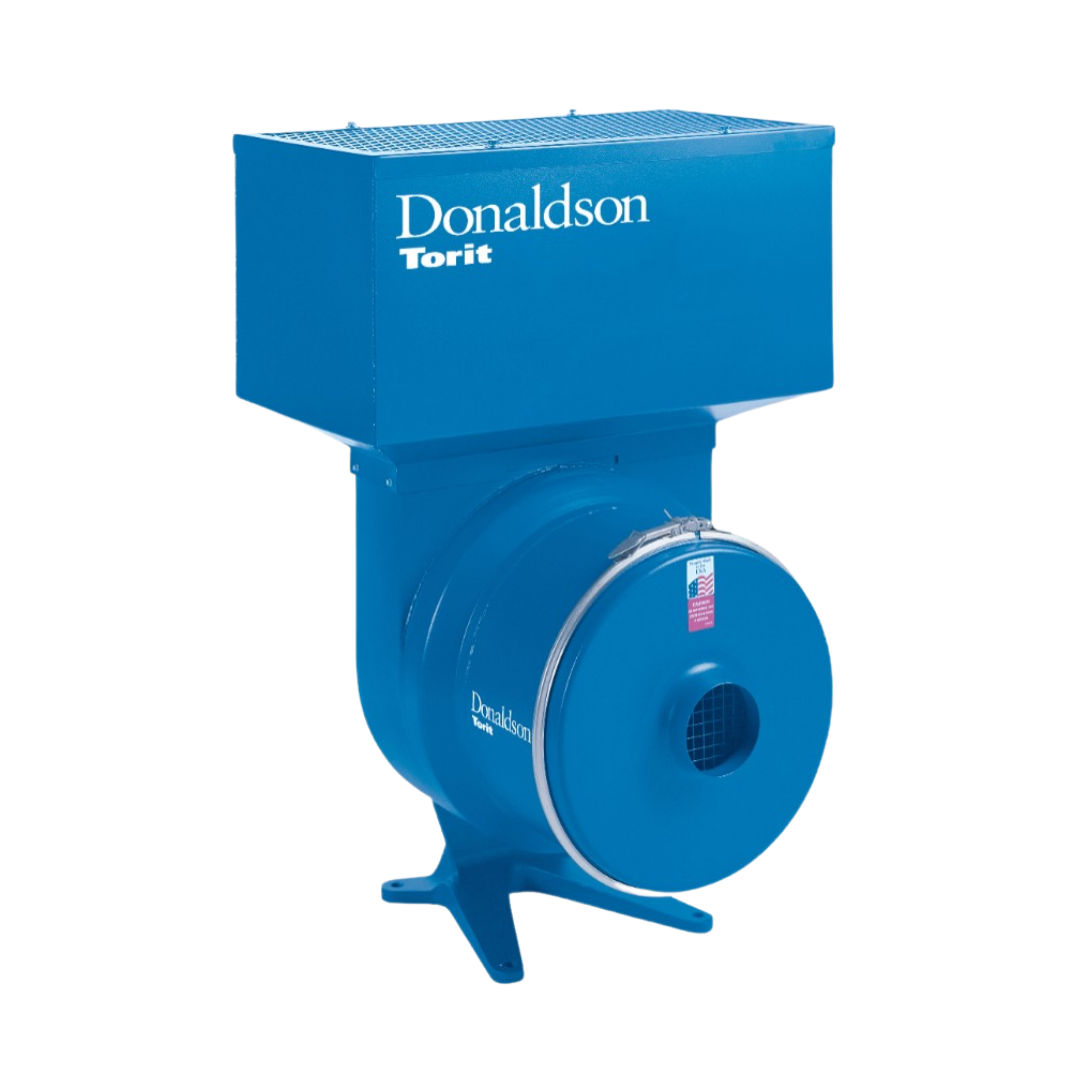
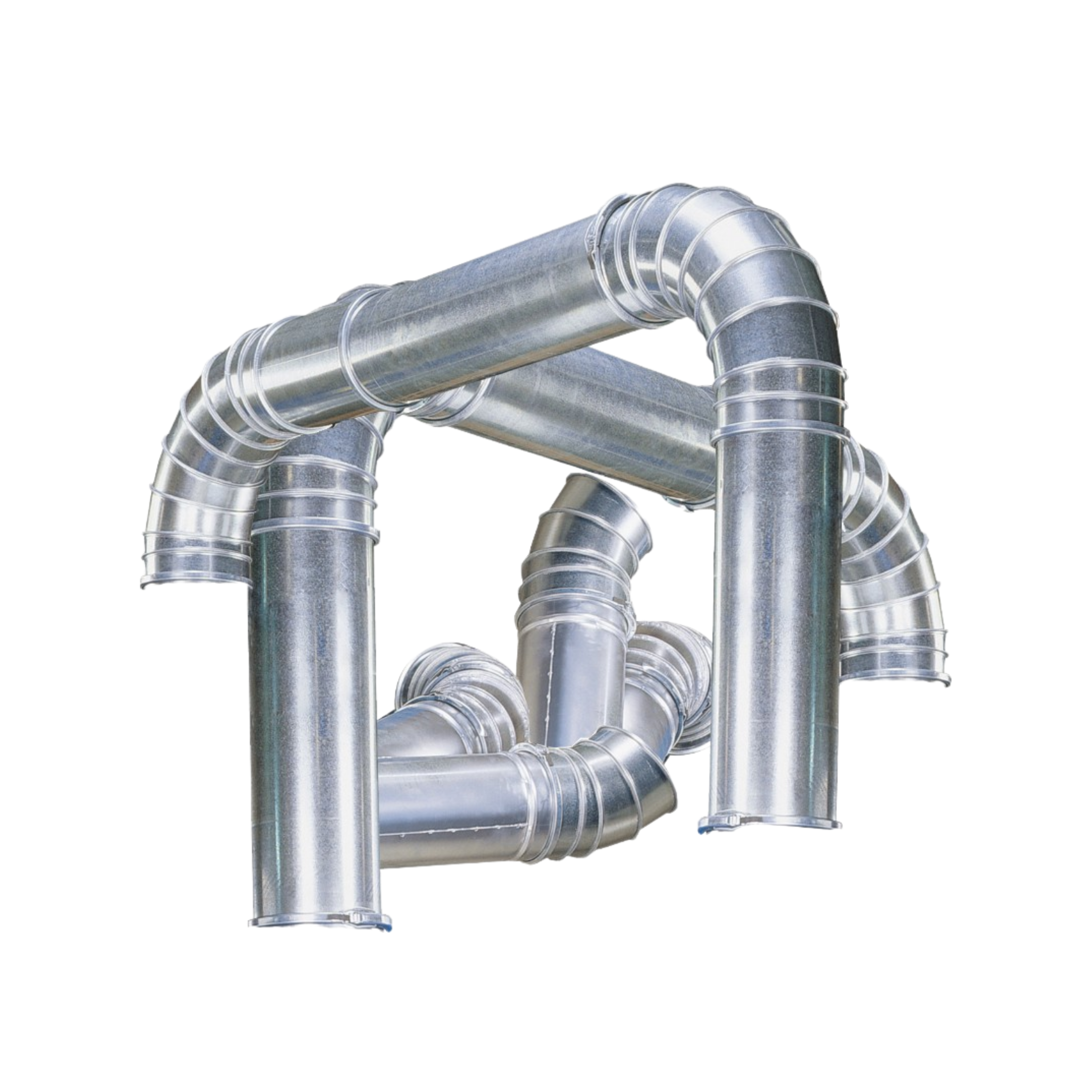

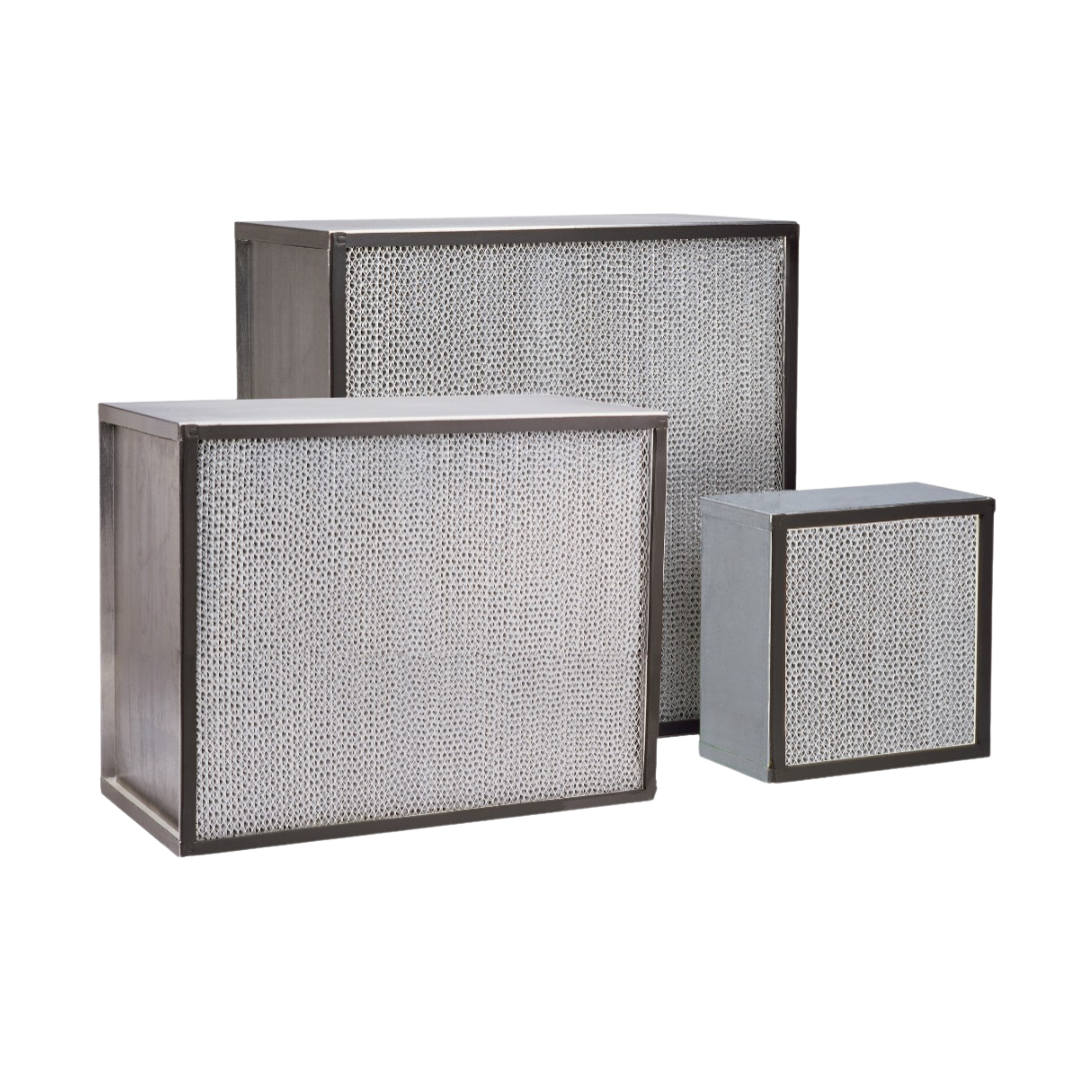
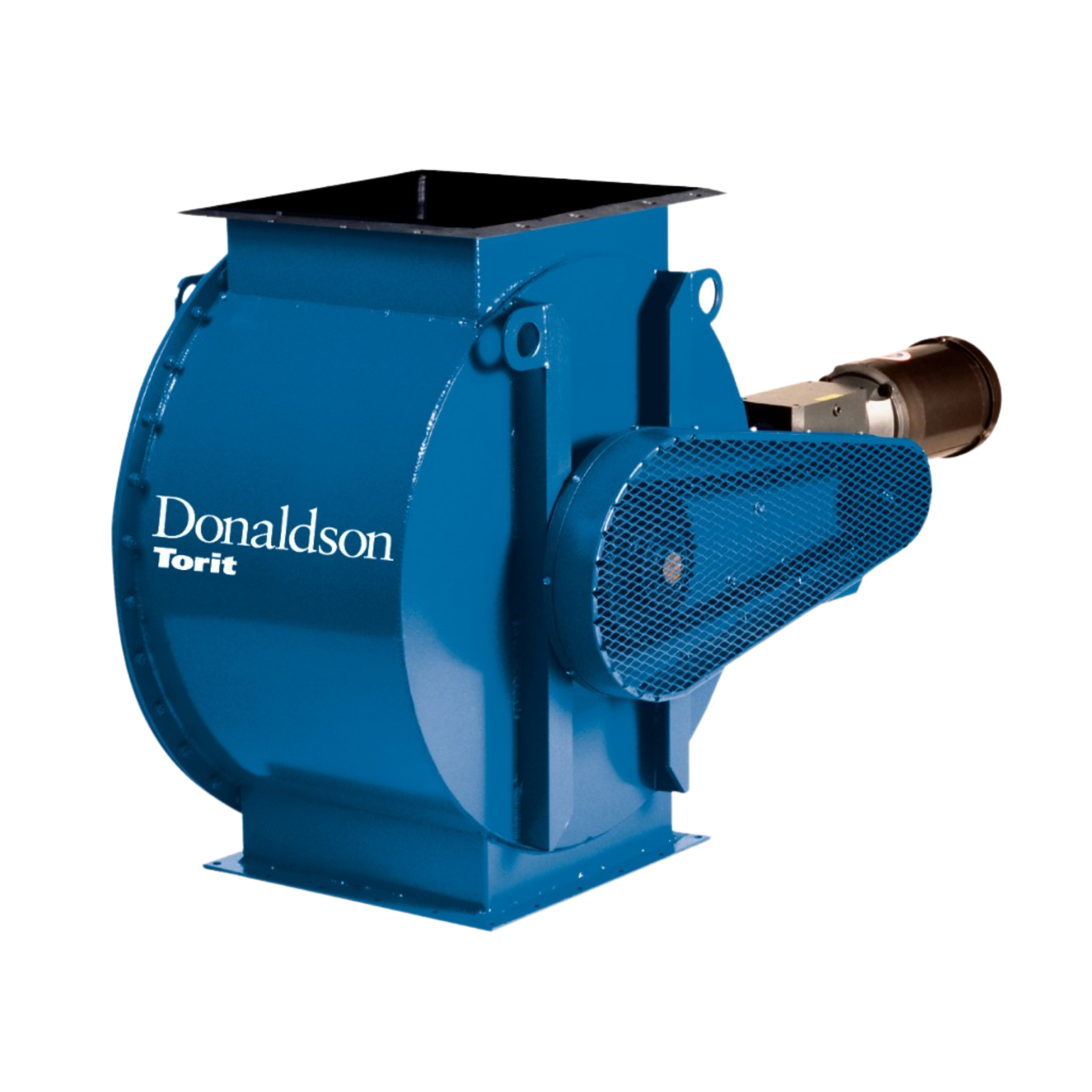
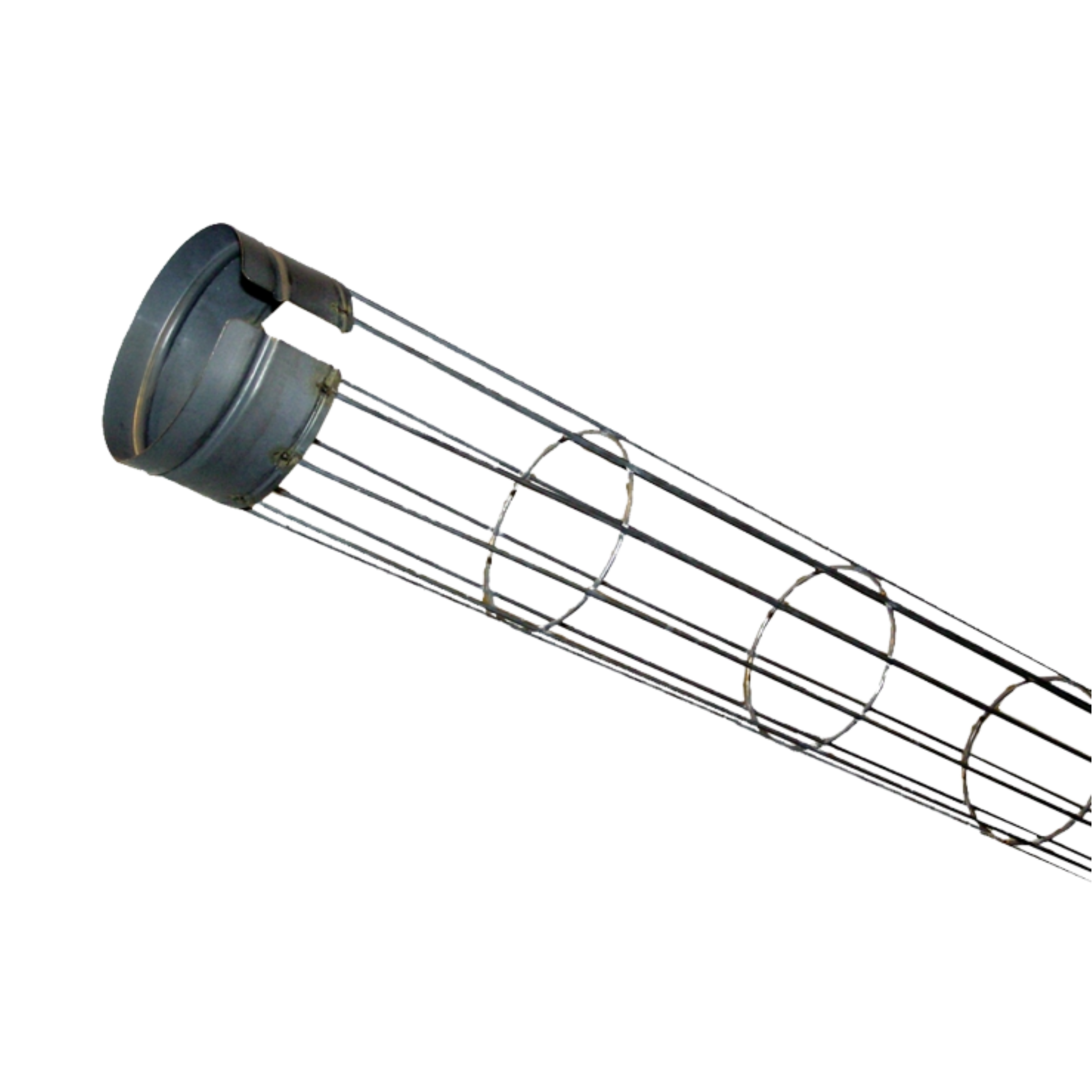
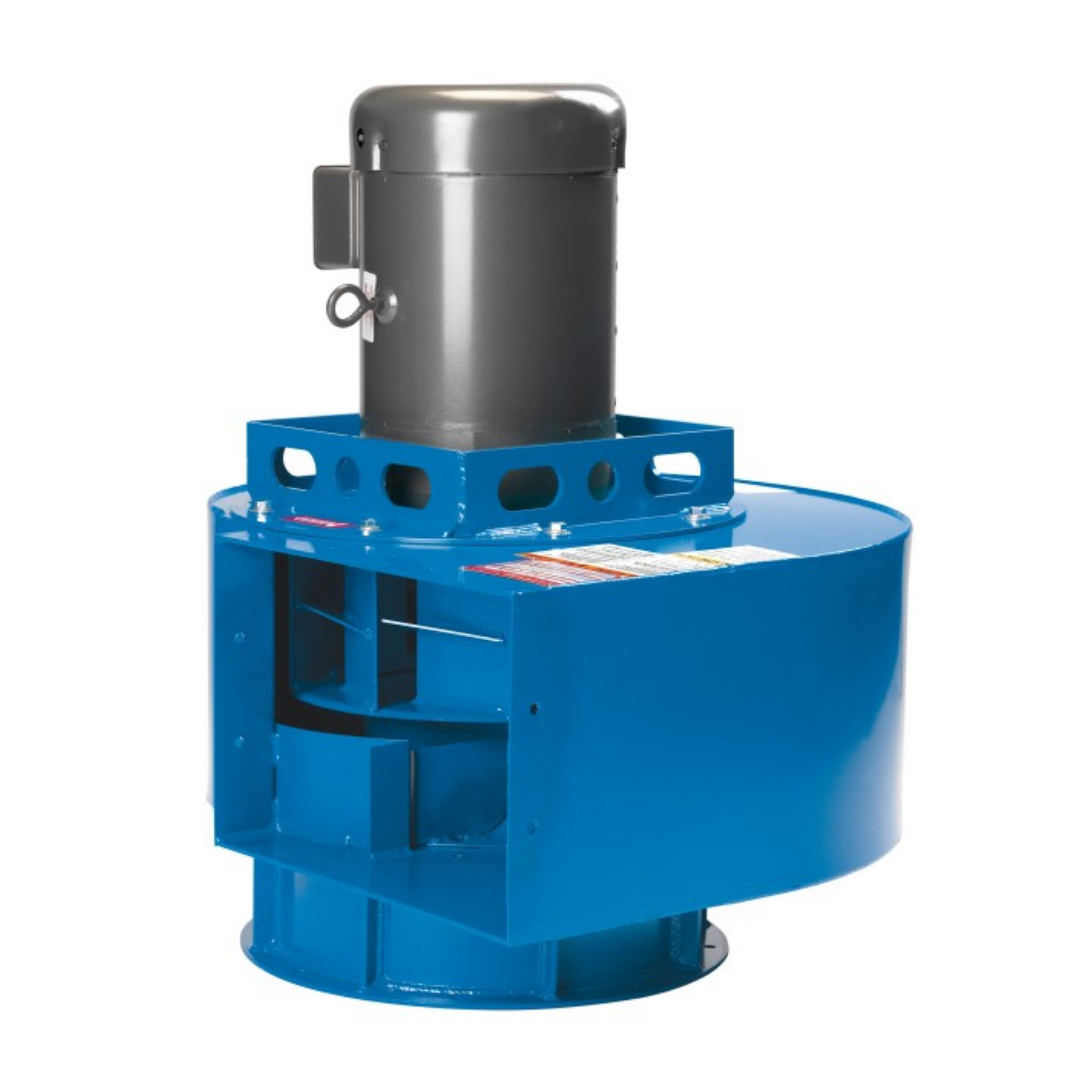
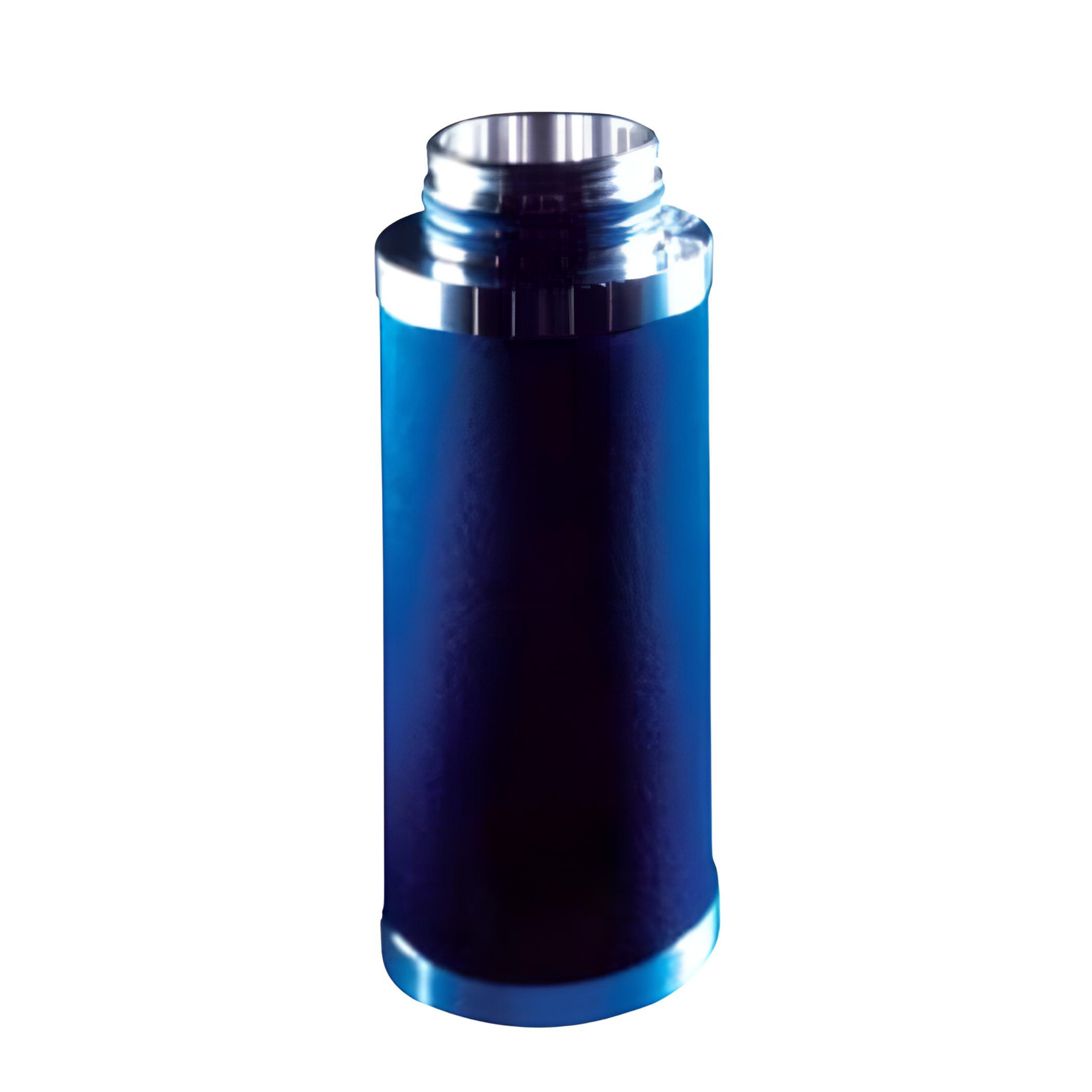
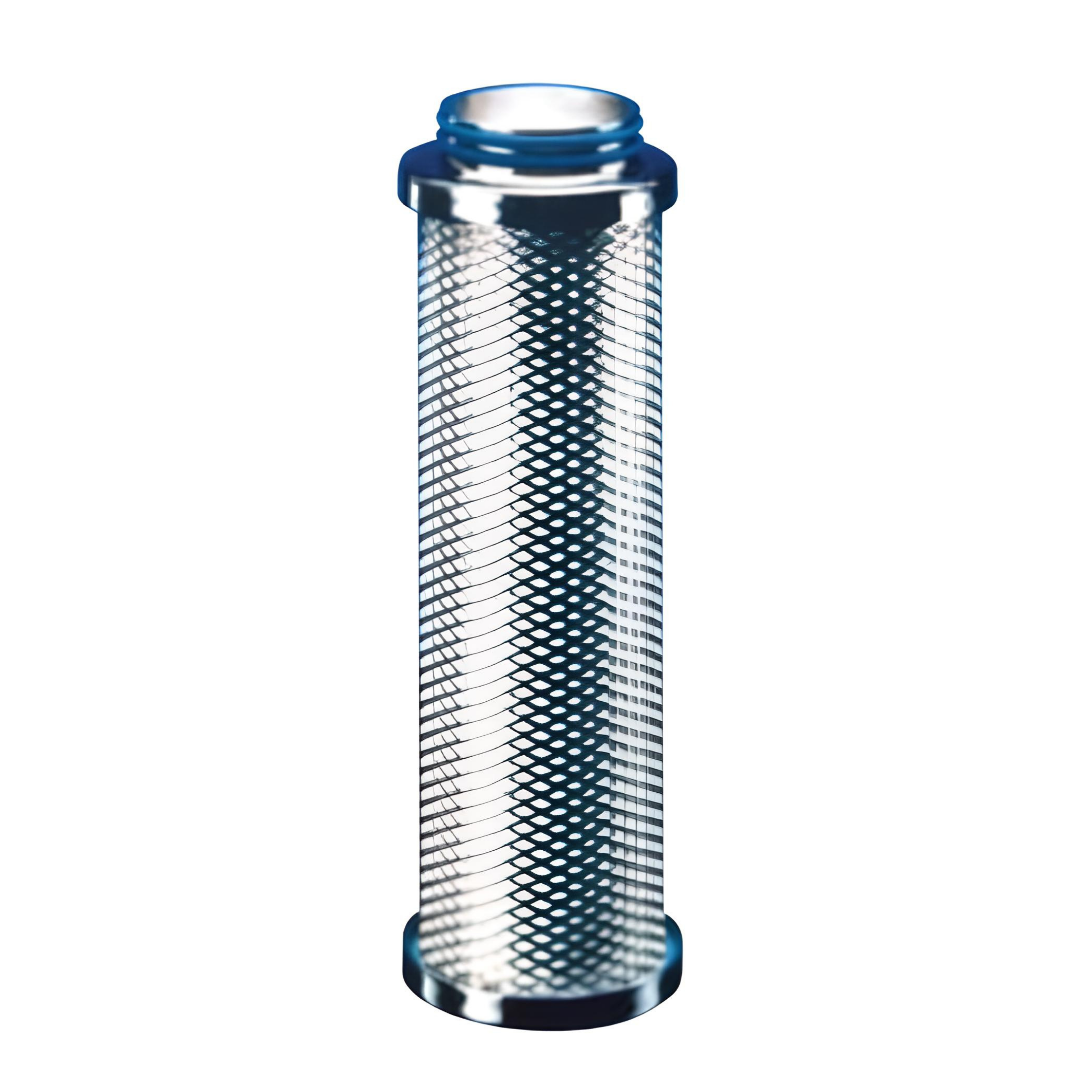
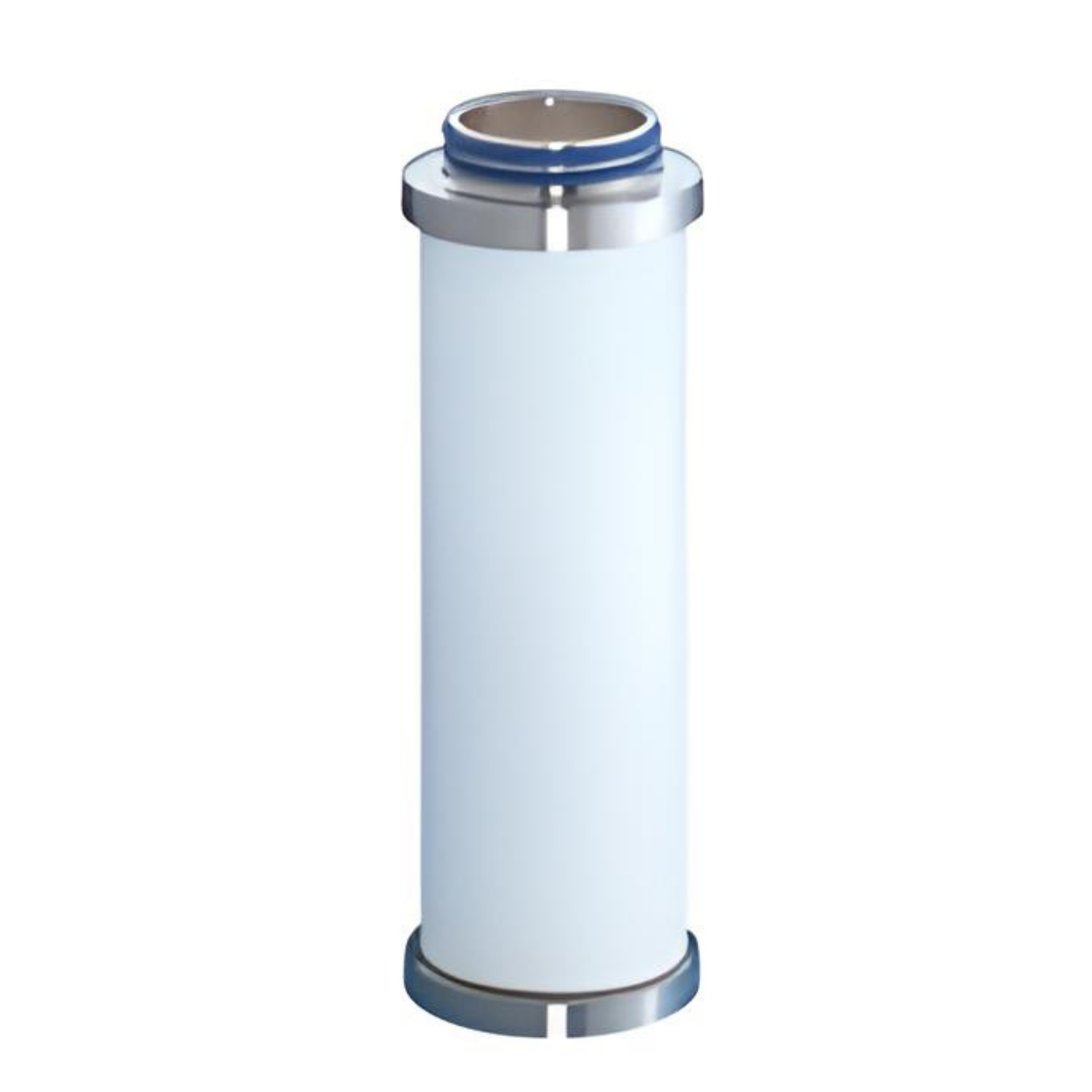
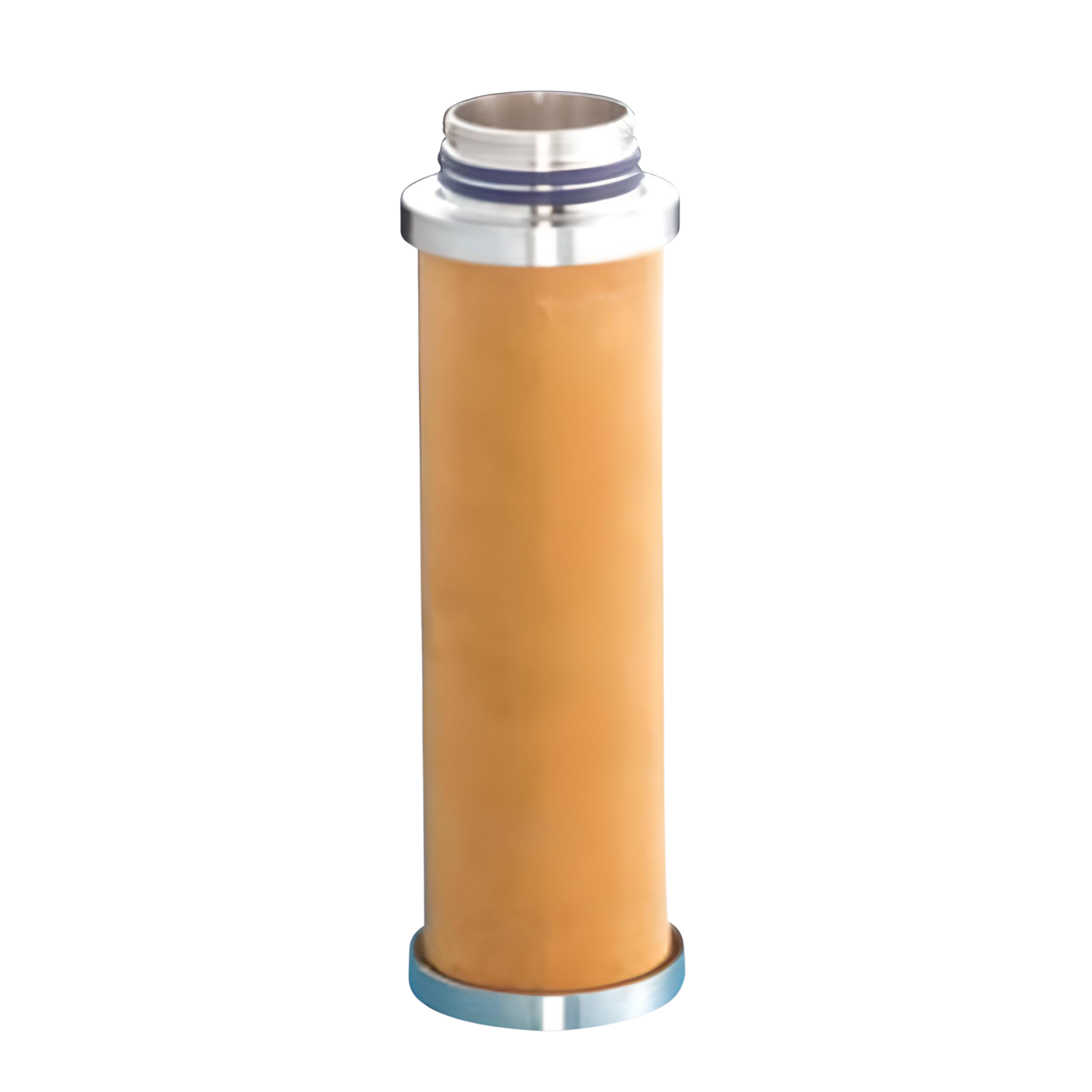
.png)
.png)
.png)
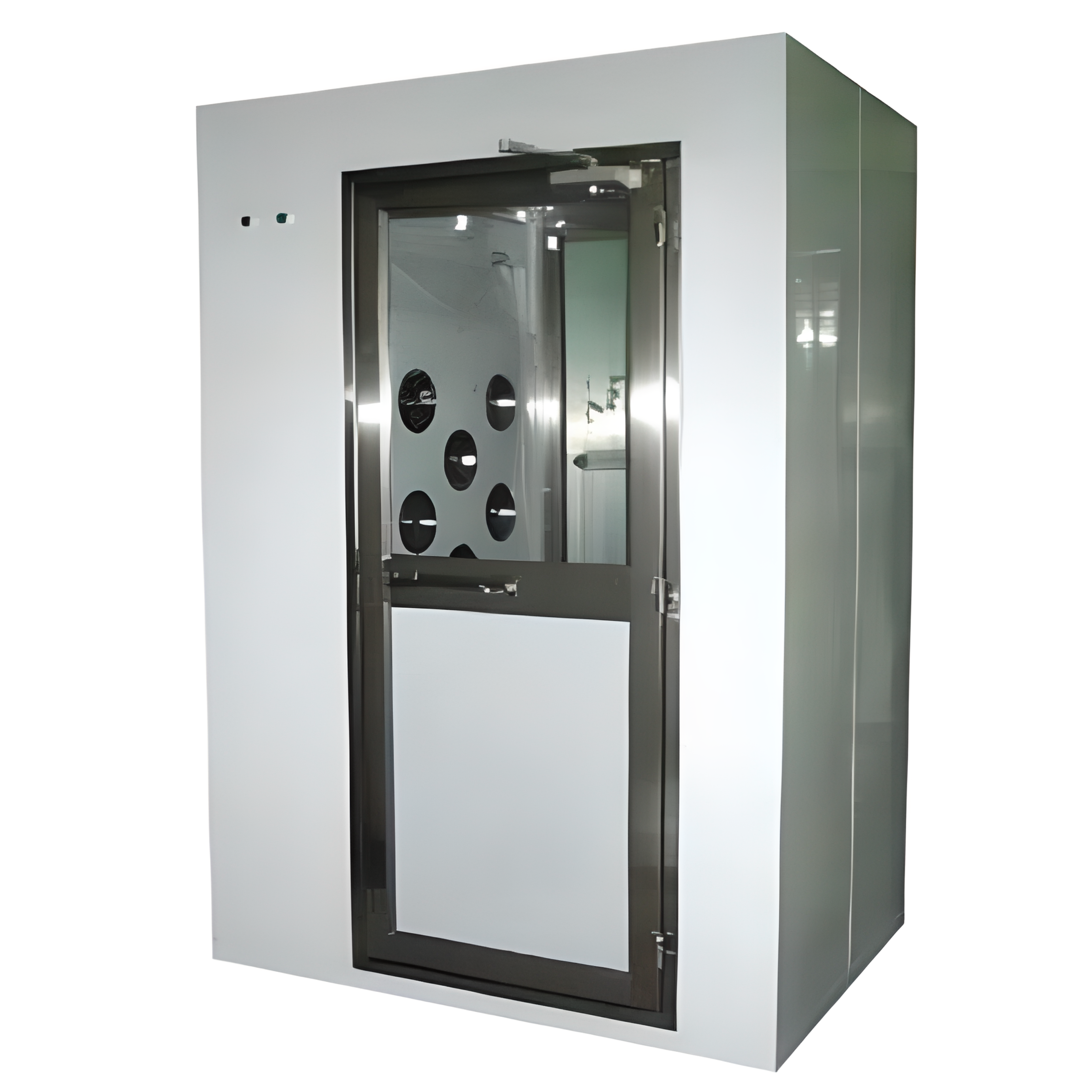
.png)
.png)